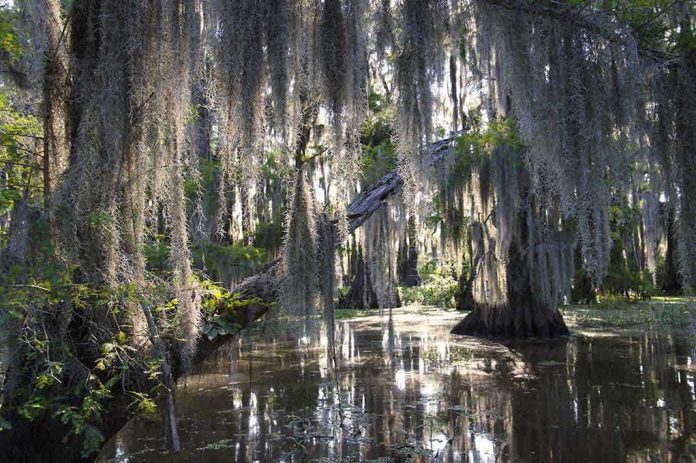
A species believed extinct for nearly two centuries has been found alive, challenging our understanding of extinction and sparking fresh hope for biodiversity.
Story Snapshot
- The long-beaked echidna, unseen since the 1960s, was rediscovered in Indonesia.
- Combining indigenous knowledge with modern technology proved pivotal in this discovery.
- The echidna is one of only five living monotremes, highlighting its evolutionary significance.
- Conservation efforts are now crucial to ensure the species’ survival.
Rediscovery of a Lost Species
The long-beaked echidna, an extraordinary egg-laying mammal, has confounded scientists by reappearing in the Cyclops Mountains of Indonesia. First documented in the 1960s, this creature vanished from scientific records, leading to its presumed extinction. However, recent efforts combining indigenous insights with cutting-edge technologies like camera traps have provided undeniable photographic evidence of its existence, thrilling biologists and conservationists alike.
This rediscovery is monumental not just for its historical context but also for what it represents in terms of biodiversity conservation. The long-beaked echidna is a living relic from a lineage that split from other mammals over 200 million years ago. Its survival in the rugged terrains of the Cyclops Mountains amid hunting pressures and habitat loss is a testament to the resilience of nature.
The Role of Indigenous Knowledge and Modern Science
In 2007, faint signs of echidna activity sparked renewed interest among researchers. However, it was not until 2022-2023 that focused efforts, aided by participatory mapping and indigenous reports, led to substantial evidence of the echidna’s survival. Local communities played an instrumental role in guiding scientists through the challenging terrain, highlighting the importance of blending traditional ecological knowledge with modern scientific methods.
The use of camera traps was pivotal, capturing over 100 photographic events that confirmed the species’ presence. This blend of ancient wisdom and technology could serve as a blueprint for future conservation endeavors, especially in regions where local knowledge is rich but scientific inquiry has been limited.
Implications for Conservation
The rediscovery has profound implications for conservation science. While the immediate focus is on protecting the fragile population of this rare echidna, the broader message is one of hope and possibility for other “lost” species worldwide. The Cyclops Mountains, with their challenging yet biodiverse environment, remind us of the untapped potential hidden in the world’s remote corners.
Conservationists now face the pressing challenge of ensuring the echidna’s habitat is preserved. This includes safeguarding against deforestation, mining, and other human encroachments that threaten the delicate balance of this ecosystem. Increased funding and international collaboration could enhance these efforts, fostering a sustainable future for both the species and the local communities.
Biodiversity and the Path Forward
The rediscovery of the long-beaked echidna is more than just a scientific triumph; it is a call to action. It emphasizes the critical need for ongoing exploration and conservation, urging us to rethink our approach to species once considered extinct. With over 4,300 “lost” species cataloged by organizations like Re:wild, the potential for similar rediscoveries is immense.
By integrating indigenous partnerships and technological advances, conservationists can better navigate the complexities of biodiversity preservation. This case study underscores the value of perseverance and adaptability in the face of ecological challenges, offering a glimmer of hope that humanity can reverse some of the damage inflicted on our planet’s ecosystems.
Sources:
ABC News: Confirmation and details of rediscovery
Re:wild: Context on lost species and conservation efforts
OPB: Related rediscovery of Galápagos iguana




